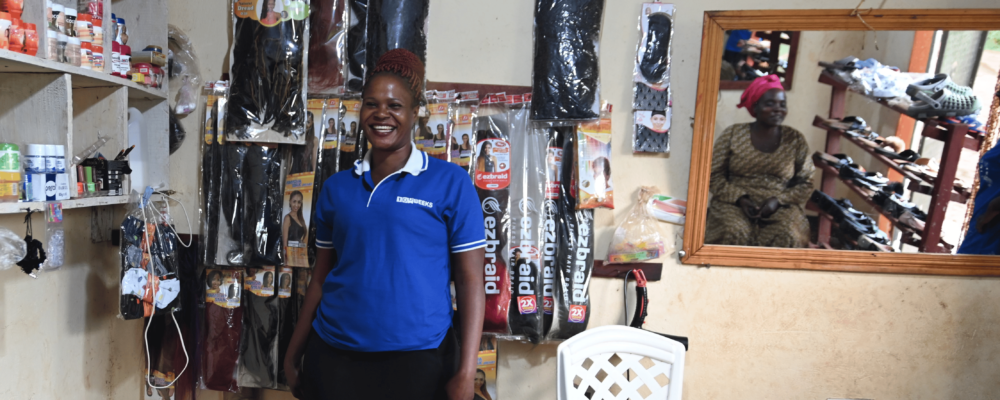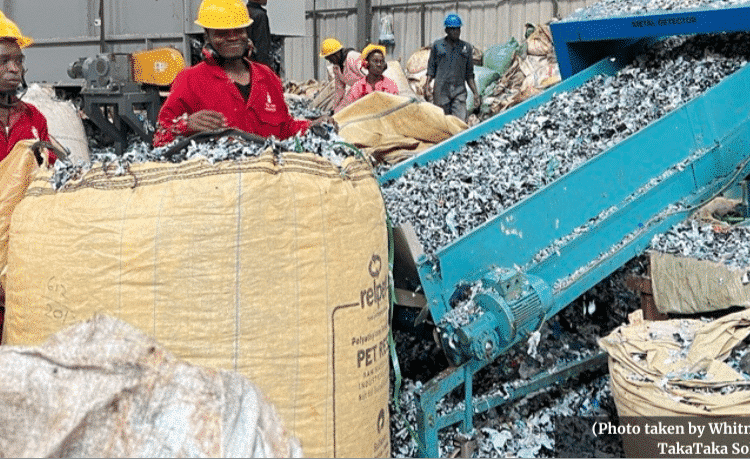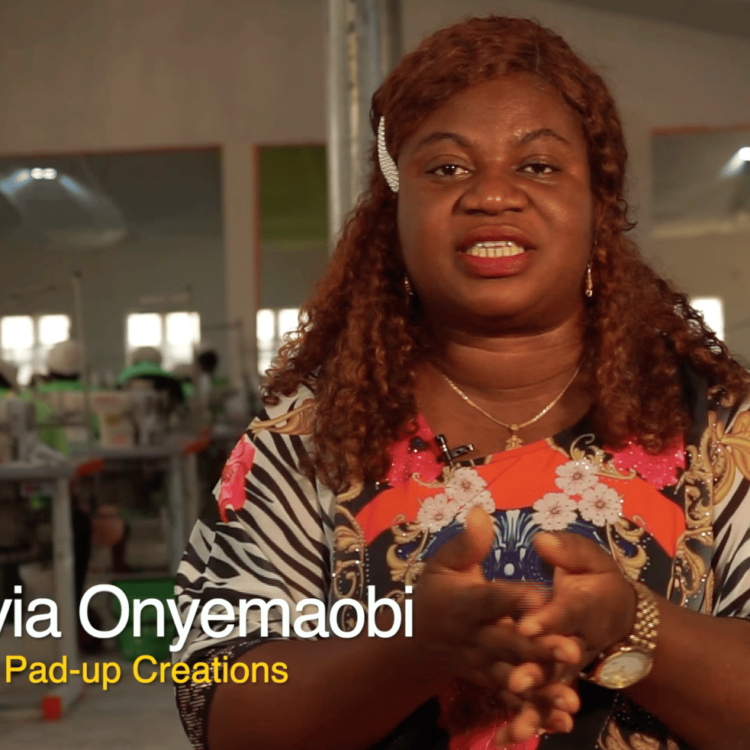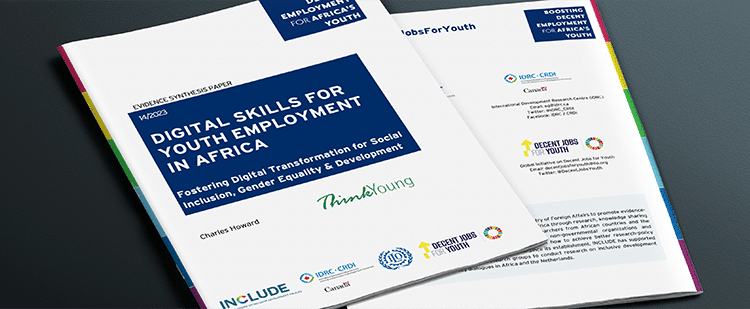
By Caspar Swinkles
This blog is part of a case study that examined decent work in the context of the work lives of self-employed and rural women in central Uganda in collaboration with 100WEEKS, a cash transfer graduation programme that aims to get women out of poverty through 100 weeks of mobile money transfers, the formation of Village Savings and Loans Associations, and weekly group trainings by a coach following a fixed curriculum.
The concept of Decent Work is frequently and variably used in employment programmes to capture the nature and quality of jobs. According to the ILO website, it
“sums up the aspirations of people in their working lives. It involves opportunities for work that is productive and delivers a fair income, security in the workplace and social protection for all, better prospects for personal development and social integration, freedom for people to express their concerns, organize and participate in the decisions that affects their lives and equality of opportunity and treatment for all women and men.”
Creating decent jobs is imagined as getting people out of under- or unemployment, subsistence agriculture or precarious self-employment situations. The concept was introduced by the ILO in 1999 and applied to formal, informal and self-employed work. Since then, it has become clear that more information and knowledge is needed to include workers in non-formal employment, not merely for their transition into formal economy – and this is still valid today.
According to the ILOSTAT database, an overwhelming majority (almost 90%) of the working population of Uganda is doing informal work. What’s more, the Uganda National Household Survey of 2019/20 shows that 41% of all working people are independent workers without personnel (self-employed), while 47.6% works in subsistence agriculture only. In 2013/14, around 80% of the working population was self-employed. A big challenge for employment programmes is to cater to the group of self-employed in a way that contributes to the objective of decent work. Failing to do so would mean excluding a large proportion of the working population in Uganda.
Decent self-employment?
Self-employment is characterised by multiple sources of income and/or sustenance pursued by one individual, sometimes with help of close of kin. These activities are often essential jobs which can range from agriculture, livestock, to trade, retail, care work, or catering. Wage employment can be one of the activities in this palette, for example working as casual labourer on someone else’s farm. While this can be a hard life with few prospects and high risks, there are career pathways imaginable beyond simply gaining wage employment and a formal decent job. In particular, there are aspects of self-employment that attracts women to work – and keep working – this way.
The women in the case study point out that independence is important in their working lives. Instead of working for someone else, they prefer to retain control over their time, money and savings by working for themselves in agriculture, trade or other professions. This is mostly informed by previous experiences with casual labour on others’ fields or households. Choosing self-employment means hoping for a career pathway that gradually improves a life. This may evolve from precarious work such as casual labour or renting a small plot with low-value crops to increasingly independent forms of work such as owning a plot of land growing a mix of food and cash crops, adding livestock, or food processing. These women, being in rural areas, especially focus their pathways on agricultural activities, or trade of agricultural produce.
The study shows that there is something extra needed to travel this path – a sense of stability and the confidence to start. The programme of 100WEEKS provides a platform of income stability for two years, and a group of peers to share inspiration, business ideas and savings with. This is one way of enabling self-employed women to build a career, the key being that they themselves are building it, starting from their own experiences and ideas. Instead of innovating and trying something new, risk aversion means taking inspiration from peers to start a business or change a crop. This risk-aversion entrepreneurialism is called ‘me-too strategy’. This means that innovations, such as new crops, or new business ideas should be proven and trusted before they catch on. These innovations should also have the capacity to sustain the me-too entrepreneurs once they catch on. There are further opportunities in organising which may take the form of (farmers) cooperations, joint business or savings groups.
What does this mean for employment programmes
The self-employment lifestyle means that work is woven into almost all of the aspects of daily life. Realities of work are intertwined with the basic needs of households, costs of education and access to markets. Doing this will mean getting those people in the room where decisions and designs are made, and include them in the objectives, process, and outcomes. But it will also mean expanding the room – or rather, building a new one – in which these realities of work are addressed by adequate employment policy. Decent work programmes should accommodate this world of work if it is to make good on universal aspirations.
The women in the case study presented children’s education and health care as the main reasons for spending money. They also pointed to the poor conditions of wage employment options that are available to them, generally on fields of land-owning farmers. In a system of inequality, employment is only one pillar, alongside healthcare, education, social protection, infrastructure and basic services that typically underpin a decent formal job in a high-income country. Employment programmes are only one among the many aspects influencing quality and equality of life. For example, access to credit and markets to sell products at a reasonable price is one of the challenges for agricultural producers in Uganda, making them vulnerable to predatory middlemen and loan sharks. It is this system that remains unchallenged by only focussing down narrowly on jobs and their quality.
The Decent jobs movement aligns partly with the working reality of self-employed women in this case study of Uganda, as it concerns productive work (as opposed to exploitative work), fair income, and better prospects for personal development and social integration. Focusing on these and other elements of decent work, though, follows a different path than in the case of (informal or formal) MSMEs. The personal realities of working people take centre stage. A pathway may run through suboptimal options for work, and the term ‘decent’ has certain connotations that point to moral rather than qualitative aspects of work.
In a recent report, the ILO presented integrating income support for workers with active labour market policies in a more comprehensive approach to employment. Like the 100WEEKS programme, this approach positions economic activity within the broader context of work life – that concerns prospects, social connections, group activities and savings, economic stability, and skills. This can promote pathways to decent work for self-employed women. Social protection, in the form of cash transfers, could provide the basis for economic stability that allows the pathway to become visible for the self-employed. It can increase the productivity, resilience and health of self-employed workers, making social protection an investment in the local economy.
Decent Jobs and INCLUDE
We will soon publish a report about this case study on our website. You can read more of our work on employment here. Take a look at the Youth@Work webinar series with ILO/IDRC and Decent Jobs for Youth, highlighting the youth perspectives on decent work, as well as our latest work on youth employment and Green Jobs.
The Evidence Synthesis Reports Series is the best place to start if you want to sharpen your knowledge on all things Inclusive Development. From workplace based learning and youth employment, to the fourth industrial revolution and the future of work, to rural youth employment in Africa.





Well not much to say but this is quite informative.
If I want to join
What are the steps
Am I allowed
But thanks for this information
Great job
Thanks for the wonderful information